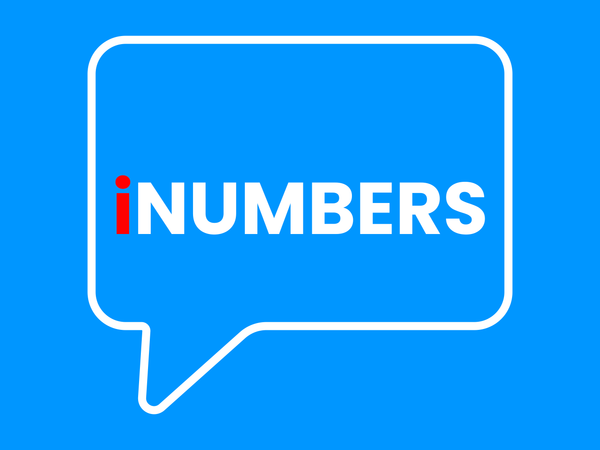The leading AI Platforms of 2025 - transforming search, productivity and creativity
The Leading AI Platforms of 2025: Transforming Search, Productivity, and Creativity
Artificial intelligence platforms are now at the core of how people search, work, and create content online. In 2025, the main players-ChatGPT, Microsoft Copilot, Perplexity, Claude, Gemini, and more-are shaping a new digital era with advanced features and seamless integrations across industries.
ChatGPT remains a benchmark for conversational AI, excelling in natural dialogue, content generation, and brainstorming. Its ability to understand context and generate human-like responses has made it indispensable for writing, customer service, and creative tasks.
Microsoft Copilot is deeply integrated into the Microsoft 365 ecosystem, providing real-time assistance for emails, documents, and spreadsheets. Copilot leverages AI to automate repetitive tasks, summarise information, and boost productivity for millions of business users worldwide.
Perplexity AI stands out as an AI-powered search engine, delivering direct, cited answers to complex questions. Its Deep Research feature performs comprehensive, multi-source analysis, saving users hours on in-depth research. Perplexity is praised for transparency, up-to-date information, and multilingual support, making it a favourite for researchers and professionals.
Claude by Anthropic and Gemini by Google are also making waves. Claude is known for its ethical AI approach and strong performance in chat and reasoning tasks, while Gemini powers Google’s AI offerings, including Vertex AI, and excels in search, data analysis, and enterprise applications.
Other notable platforms include Grok (for conversational intelligence), Synthesia (AI video generation), Midjourney (image creation), and UiPath (automation and RPA). Each caters to specific needs, from automating workflows to generating media content.
These platforms collectively drive innovation in productivity, search, automation, and creative industries.
As they continue to evolve, users benefit from smarter, faster, and more personalised digital experiences-reshaping how we interact with technology every day
